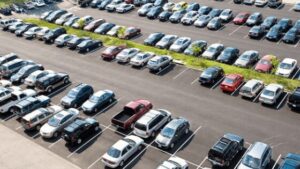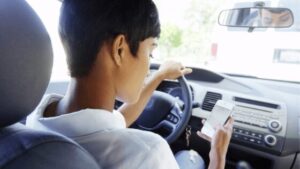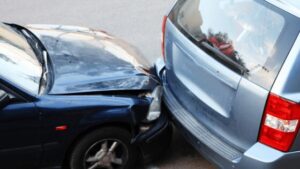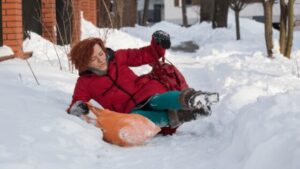
Who is Liable After a Parking Lot Injury?
When you are injured in a parking lot, the property owner may be held liable for your injuries. If you can prove negligence and causation in regards to the injury, the property owner may be responsible for the damages caused—whether they are physical, mental, or emotional. Premise Liability Premise liability laws include property secure measures, meaning that if there is a clear need for extra security and that need is not met, the owner could be held liable. For example, there may be a need for a security guard, a security camera, some extra lighting, and so on.



